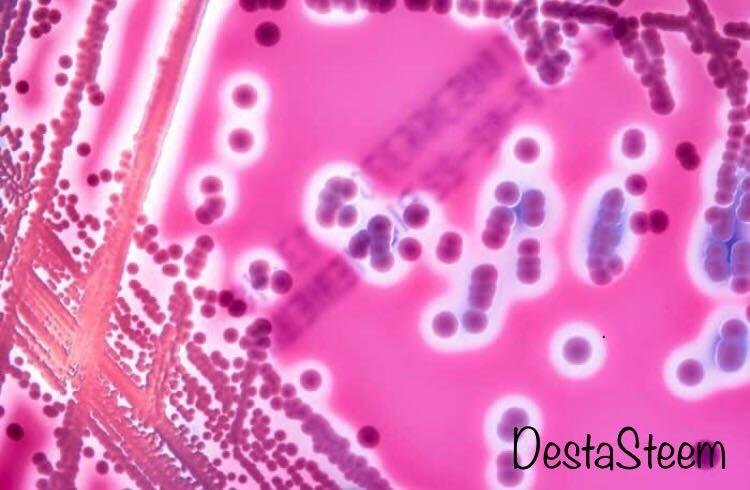
Necrotizing fasciitis (NF) is a severe bacterial infection that causes the destruction of muscle tissue, skin, and surrounding areas. Initially can start only from small wounds, but over time the bacteria will spread 'eat' meat so that when it is severe forced to amputation.
What is the cause ? Professor Mary B. Farone from the department of Middle Tennessee State University biology explains there are various bacteria that can cause it. For example there are bacteria from the Streptococcus, Escherichia, Klebsiella, Clostridium, and Aeromonas groups.

"Infection can occur just because of one type of bacteria just as it usually happens in Streptococcus pyogenes, or it could be a lot of bacterial infections," Farone said as quoted by Live Science on Thursday (14/4/2016).

When bacteria enter the soft tissues of the body, usually through untreated wounds, it will grow and produce toxins. This poison is the one that can then destroy the body tissue and the wider the growth of bacteria, the wider the tissue is destroyed.
Symptoms can cause pain, fever, fever, fatigue, and vomiting. On the skin will be seen also red areas that slowly blackened the mark of the occurrence of tissue death.
Actually our immune system can fight but in some cases sometimes not strong enough. Bacteria such as Streptococcus pyogenes that most often cause NF are even known to produce toxins that make the immune system overreact and thus attack healthy cells.
Treatment in cases of NF is a powerful antibiotic to remove bacteria and in some cases possibly amputation. Amputation is done if the damage is too severe and for preventive measures to prevent bacteria from spreading further.

Though it sounded terrible, Farone said the NF case is rare. Streptococcus pyogenes bacteria itself more often causes inflammation of the throat.
"If you have a good immune system and practice good wound care then you do not have to worry.This type of severe infection is rare.Know and recognize the symptoms so they can realize when medical attention is needed," lid Farone.
